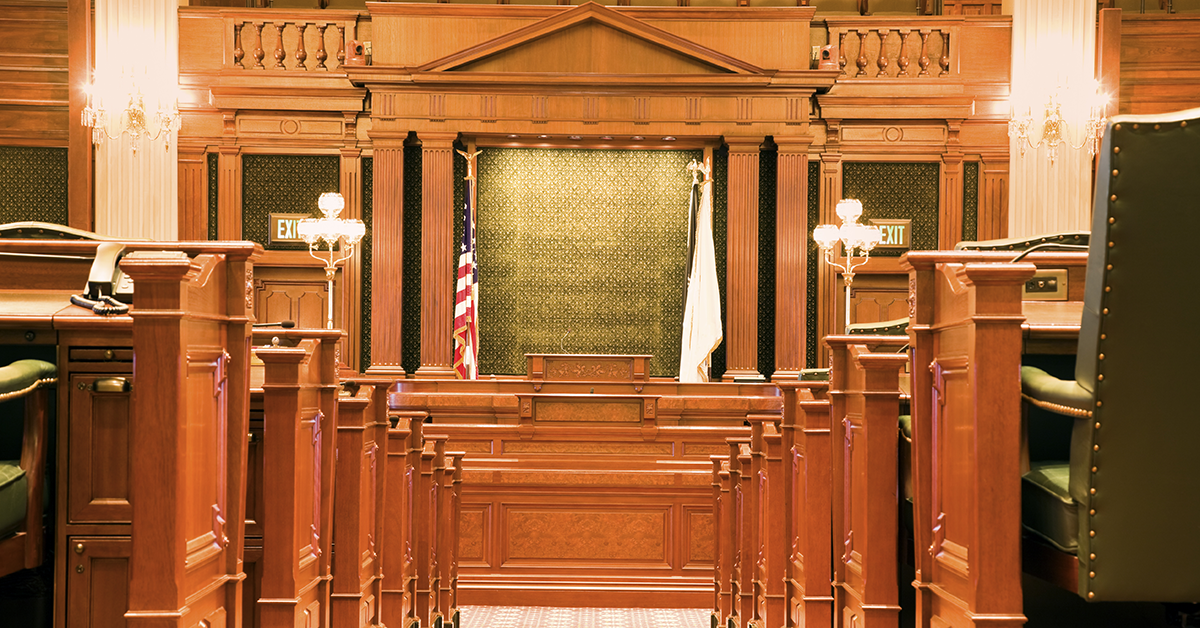Our 2025 Sustainability Report is here! Dive in.
2021 Shaping Up to be a Banner Year for State Leadership in Energy Efficiency
June 21, 2021 •Lloyd Kass

This article was originally published on LinkedIn. Click here to see the original post.
Powering America’s Post-Pandemic Job Creation
Scaling energy efficient solutions in homes and commercial buildings could not be more important than it is at this very moment. Energy efficiency represents the kind of infrastructure investment that will power our economy as we emerge from the throes of the coronavirus pandemic. The US lost 429,250 energy efficiency jobs in 2020. Our economy needs a boost right now, and it is clear many lawmakers and policymakers know that investing in energy efficiency will restore and grow career-track, skilled-trade and professional services jobs.
For decades, states have been the level of government most likely to recognize the benefits of ambitious energy efficiency policy. And in the first half of 2021, states have turned to energy efficiency once again. Governors, legislatures, and utility commissions in the Northeast, Midwest, West have sought bold action in recent months to advance energy efficiency in a variety of ways.
Below are a few examples:
Arizona
Just back in mid-May, Arizona's energy efficiency future appeared bleak. The utility commission had blocked a proposal to establish a strong new energy efficiency standard. In a dramatic turnaround 2 weeks later, however, a bipartisan majority of commissioners voted to advance new rules that will increase energy efficiency savings requirements by 59% by 2030
California
The California Public Utility Commission issued a wide-ranging order on May 26 containing groundbreaking new rules for valuing energy efficiency investments. The commission’s new Total System Benefit (TSB) metric will now capture the economic and greenhouse gas benefits efficiency offers the grid during key times of day and in locations where demand is overloading the system. In turn, utilities in the state will pay customers to invest in energy efficiency far more than it does today, increasing adoption and leading to more jobs.
Colorado
Earlier this month, the legislature passed a measure (HB21-1286) requiring large building owners to routinely benchmark their facilities’ energy performance, using prescribed best practices and tools. By 2027, buildings covered by the law will be subject to energy performance standards, with building owners facing fines for noncompliance.
Minnesota
Governor Tim Walz recently signed the Energy Conservation and Optimization Act of 2021 (HF 164), which will increase Minnesota’s annual energy efficiency targets by an extraordinary 67%. The law also doubles the rate at which investor-owned utilities must invest in energy efficiency programs serving low-income customers. Minnesota elected officials are realizing the crucial role energy efficiency plays in alleviating economic inequality and environmental injustice in our communities.
Nevada
The newly enacted New Energy Economy Act (SB 448) bolsters Nevada’s clean energy future on many fronts. As with Minnesota, the Nevada law doubles funding for energy efficiency programs that help low-income homeowners and renters. There is also a mandate for energy efficiency project investments in schools located in disadvantaged neighborhoods.
New Jersey
And in my home state, policymakers are moving audaciously on energy efficiency as well. Over the last several months, the state Board of Public Utilities has approved five individual investor-owned utility energy efficiency program filings totaling more than $1.7 billion over 3 years. This investment was originally prompted by the Clean Energy Act of 2018, a transformational law for energy efficiency energy policy in the state.
Elected officials and utility commissioners in these states understand that the economic benefits of energy efficiency go beyond job creation. They know these programs lower the cost of operating the utility system for everyone, and of course home and business owners who participate in the programs experience meaningful energy consumption and cost savings. And this leaves out the critical climate impacts as well as public health, comfort, and other benefits energy efficiency provides.
After all these years of productive state action on energy efficiency, it now appears that elected officials in Washington may finally being entering the fray as well. We shall see. Look out for our take on federal developments in a future post.

